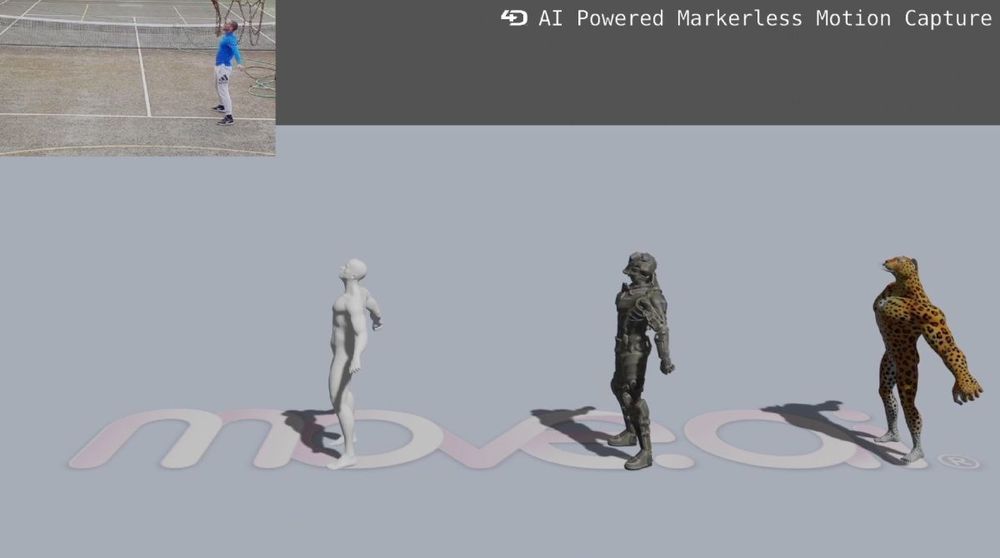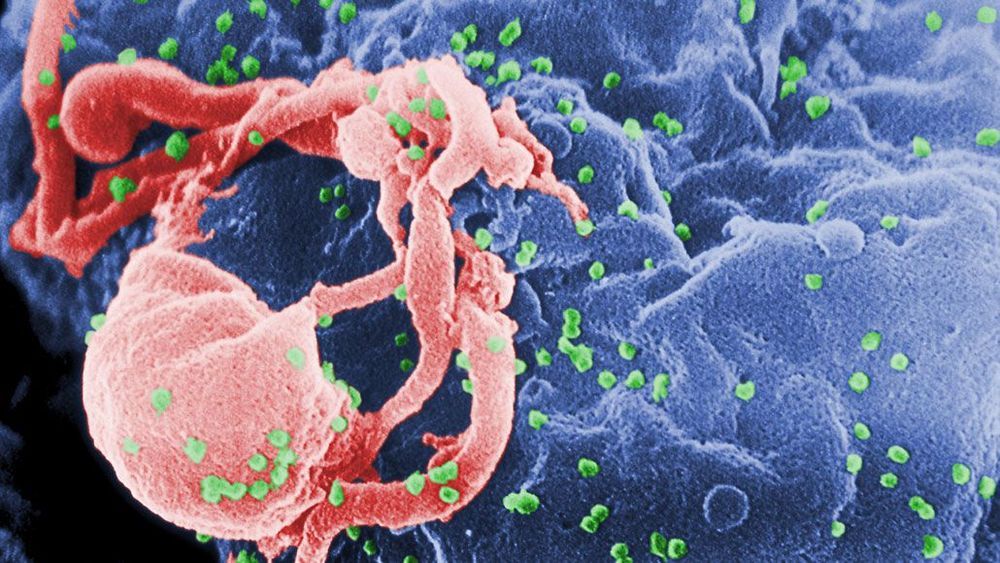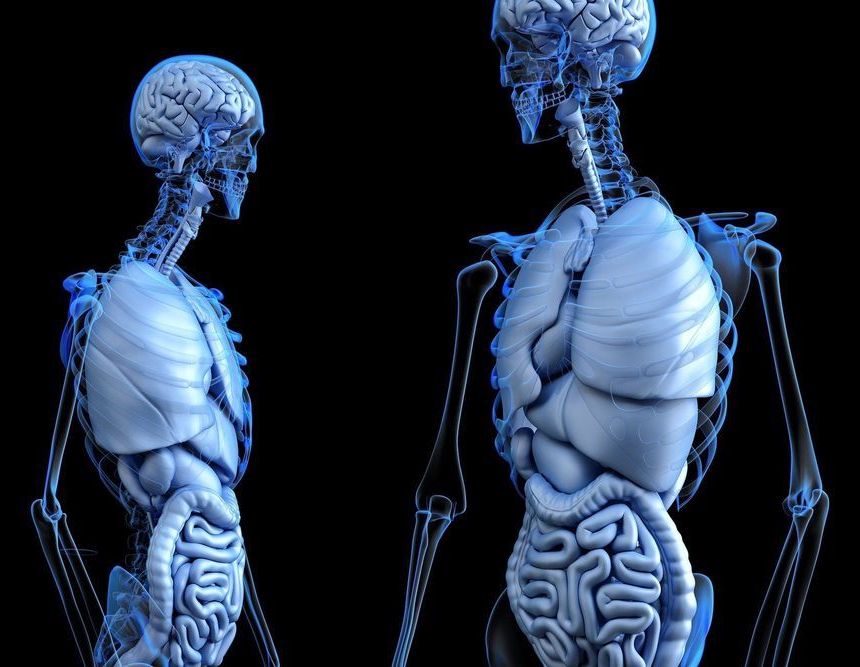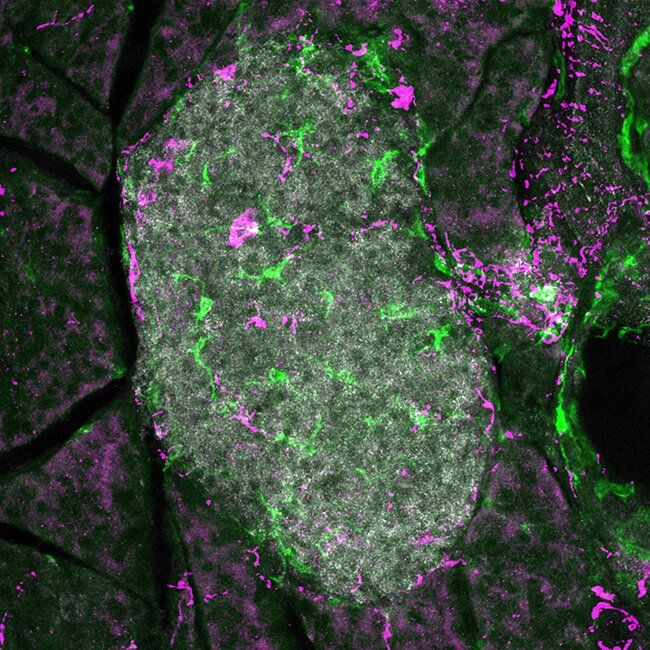Very interesting.
Despite the limited supply of organs available for patients on waitlists for transplantation, organs from older, deceased donors are frequently discarded or not utilized. Available older organs have the potential to close the gap between demand and supply that is responsible for the very long wait-times that lead to many patients not surviving the time it takes for an organ to become available. Older organs can also often provoke a stronger immune response and may put patients at greater risk of adverse outcomes and transplant rejection. But, as the world population ages, organs from older, deceased donors represent an untapped and growing resource for patients in need. Investigators from Brigham and Women’s Hospital are leading efforts to breathe new life into older organs by leveraging a new class of drugs known as senolytics, which target and eliminate old cells. Using clinical and experimental studies, the team presents evidence that senolytic drugs may help rejuvenate older organs, which could lead to better outcomes and a wider pool of organs eligible for donation. Results are published in Nature Communications.
“Older organs are available and have the potential to contribute to mitigating the current demand for organ transplantation,” said corresponding author Stefan G. Tullius, MD, Ph.D., chief of the Division of Transplant Surgery at the Brigham. “If we can utilize older organs in a safe way with outcomes that are comparable, we will take a substantial step forward for helping patients.”
As organs age, senescent cells accumulate. These cells, which no longer divide, escape the body’s usual means of destroying older, unneeded cells. Senescent cells release cell-free mitochondrial DNA (mt-DNA), which also accumulates in older organs. Recent studies have suggested that this rise in mt-DNA is tied to organ rejection.








